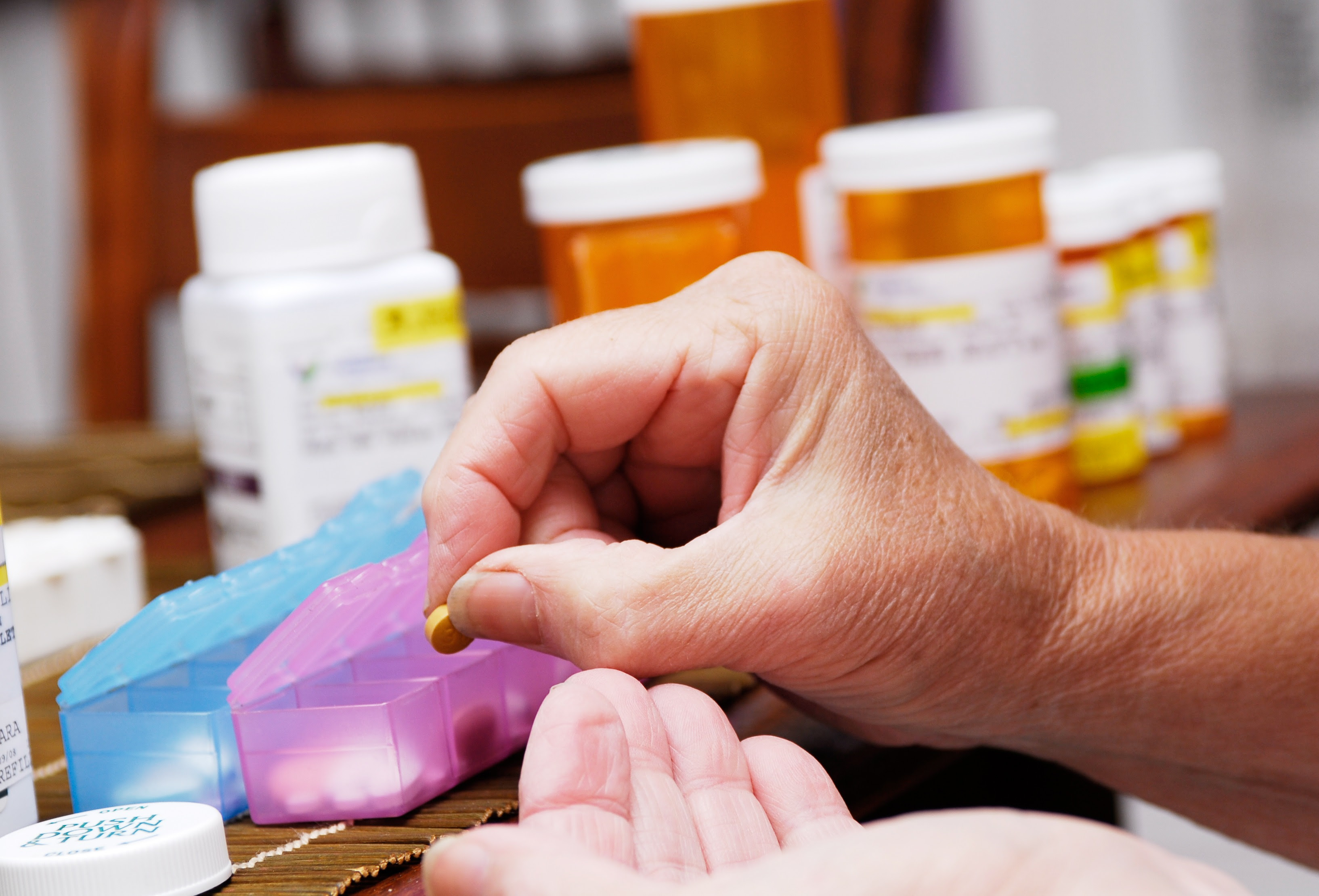Summer Checklist: Tips to Stay Healthy and Reduce Your Cancer Risk |
|---|
Summer is here and for many people, this is a time for celebrations and vacations. As you enjoy the summer, remember to make choices that can help you stay healthy and lower your risk of cancer. Limit the amount of alcohol you drink. The less alcohol you drink, the lower your risk for cancer. Don’t smoke or use tobacco and if you do, get help to quit. Get regular physical activity and keep a healthy weight. Being overweight or having obesity raises a person’s risk of some cancers, such as breast (women), colon, and uterine. Wear sunscreen and clothing to help protect your skin from ultraviolet (UV) rays when outdoors. Seeking shade also helps reduce your exposure to UV rays. Learn more about healthy choices.
|  |
|---|
CDC Works to Address Mental Health Concerns of Cancer Survivors |
|---|
 |
Among the estimated 16.9 million people in the United States who have received a cancer diagnosis, psychological distress is twice as likely to occur compared to those without a history of cancer. A recent publication looks at public health efforts to address the mental health concerns of cancer survivors. Through data, research, and public health partnerships, CDC’s Division of Cancer Prevention and Control supports efforts to improve the mental well-being of cancer survivors. CDC collaborated with the National Association of Chronic Disease Directors to develop aninteractive training to improve health care provider knowledge and communication about cancer survivors mental health needs, and promote recommended distress screening for cancer patients. Nearly 50% of CDC’s National Comprehensive Cancer Control Program (NCCCP) awardees have patient navigation programs to help cancer survivors with psychosocial needs related to their diagnosis.
|
|---|
Get Free Help to Quit Smoking for Good |
|---|
 |
Quitting smoking can be hard for anyone who smokes, including cancer survivors. In a recent blog post, Dr. Lisa Richardson, director of CDC’s Division of Cancer Prevention and Control and Dr. Corinne Graffunder, director of CDC's Office on Smoking and Health, team-up to spread the message that free tools and resources are available to help cancer survivors quit smoking for good. Smoking during and after cancer treatment can make it more likely for cancer to come back or for a survivor to get a new cancer related to smoking. Support from family, friends, and caregivers is important in helping cancer survivors quit smoking. The blog provides information about resources and tools from CDC’s Tips From Former Smokers ® website such as a quitline, texting program, and a mobile app that can help make quitting possible.
|
|---|
Helping You Prepare for an Emergency |
|---|
 |
Are you prepared for an emergency? Damage such as flooding or a power outage from a storm or natural disaster may cause you to leave your home and you may not be able to return for several days. You can take steps to prepare for this by making an emergency supply kit with items like first aid supplies, bottled water, and food. If you or a family member currently has cancer or had cancer in the past, medicine or special medical equipment, and a copy of your cancer survivorship plan may need to be included in your kit. People with cancer who are treated with chemotherapy are more likely to get an infection because of their weakened immune system. To keep from getting sick, it’s important to wash your hands often using soap and clean water or use hand sanitizer when clean water is not available.
|
|---|
Did You Know?
- Ovarian cancer causes more deaths than any other cancer of the female reproductive system, but it accounts for only 3% of all cancers in women.
- Smoking tobacco products (including cigarettes and cigars) causes about 9 of every 10 cases of lung cancer, but smoking can cause cancer almost anywhere in your body.
































No hay comentarios:
Publicar un comentario